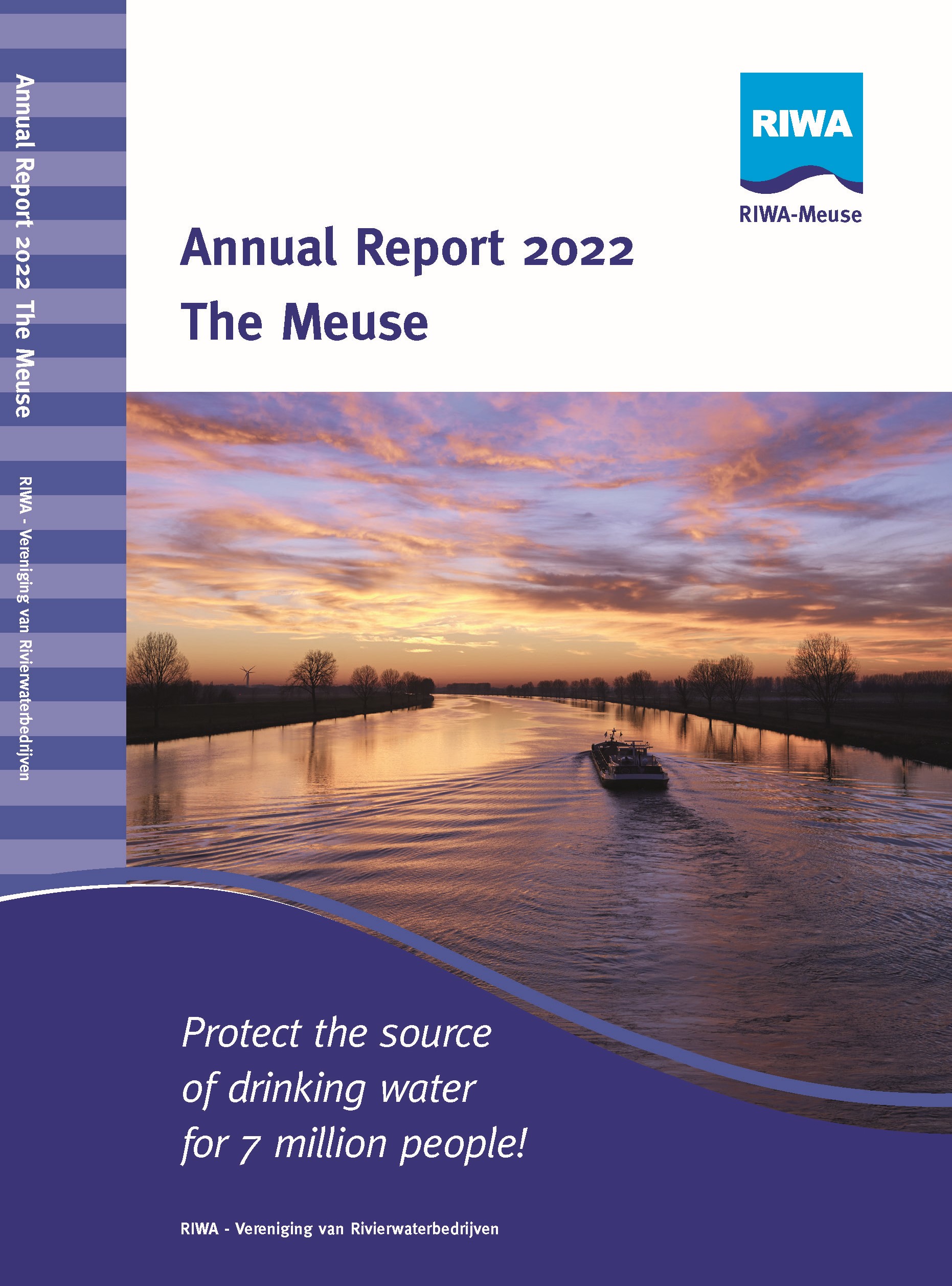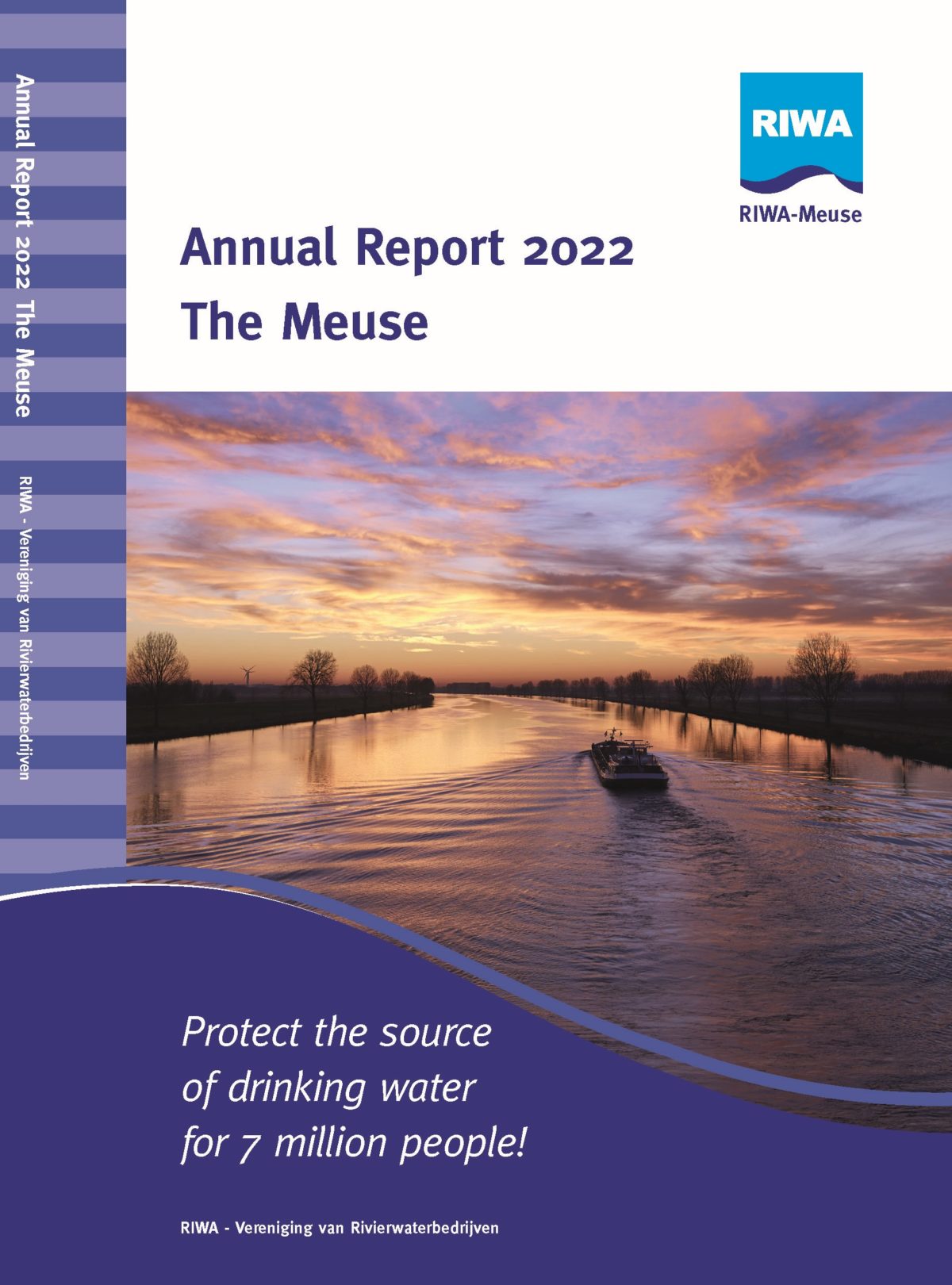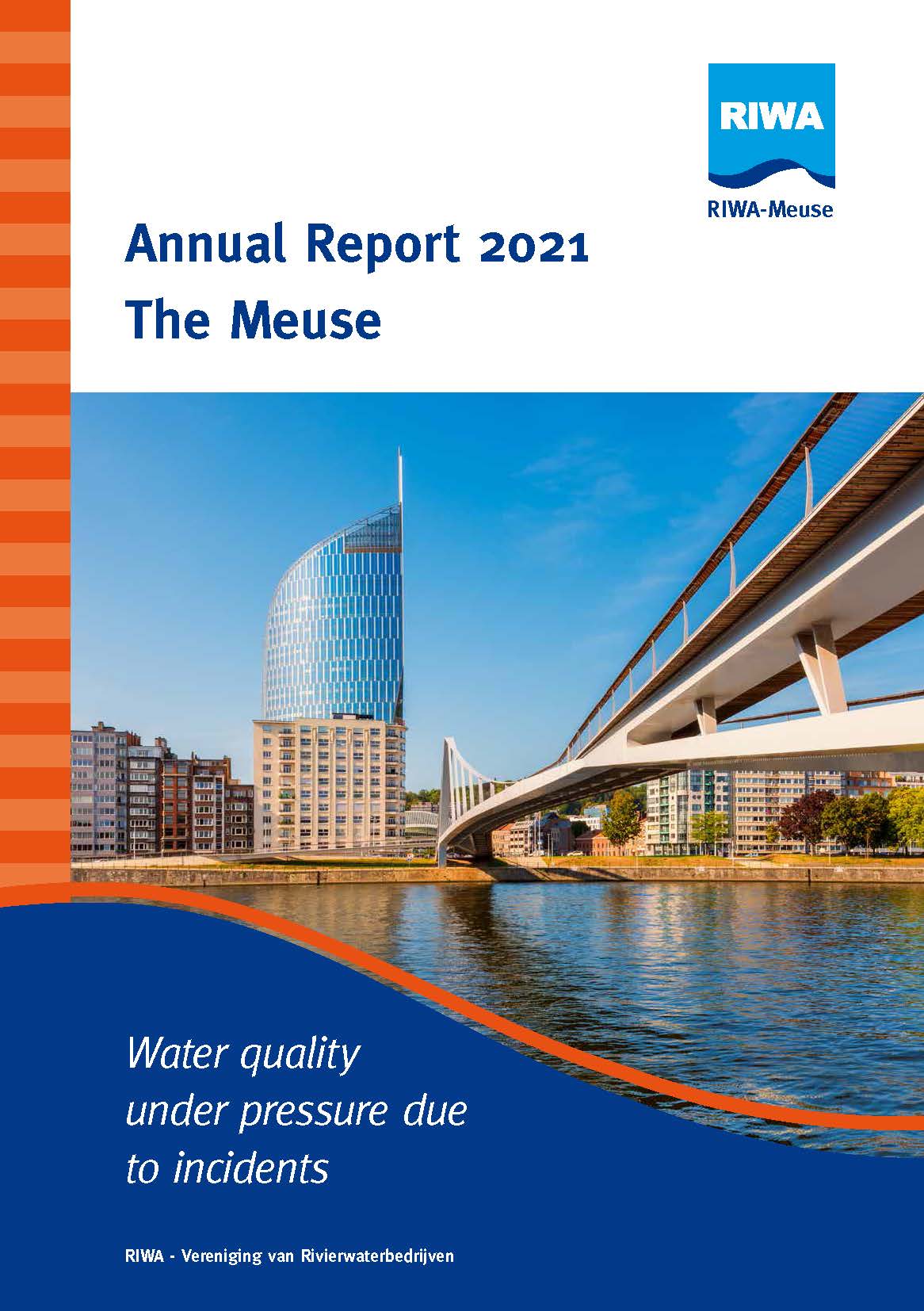Maarten van der Ploeg, director of RIWA-Maas states: “To sufficiently protect the Meuse as a source of drinking water, a complete overview is essential. You must know which hazardous substances and where they are present in the water to be able to take necessary measures. It is concerning that the Netherlands does not have such an overview and is also struggling to acquire one.” Drinking water companies should, according to the Water Framework Directive, be able to acquire more drinking water from surface water with less treatment effort, but instead it is becoming increasingly difficult. In their screening of river water unknown substances are appearing, of which the impact is unclear and substances that are hard to treat, like PFAS.
Deadline overview permits and measuring substances (?)
Striking is that various studies into demonstrating (?) permits that specifically hazardous substances largely are not incorporated into the discharge regulations. All the while these substances are being measured in the Meuse. This is why RIWA argues for a complete overview of all permits issued to companies that discharge wastewater into rivers, canals and sewages.
Because in practice hazardous substances are being discharged, RIWA wants additional (zero) measurements to be performed on wastewater discharges. This allows for a better and more complete overview of the harmful impact of industrial discharges. By incorporating stricter discharge regulations in permits, hazardous substances can be repelled from the river water. An appropriate deadline for this would be 22 December 2027, this is when, according to the Water Framework Directive, the water quality in the entirety of the European Union must be in order.
Tightening the control on wastewater
To further protect the quality of river water, RIWA also considers that the control and enforcement on discharge permits must be tightened. This means structural oversight that that which is not permitted is not discharged, and that in cases of violations there is enforcement that ensures harmful and hazardous discharges will be stopped.
Van der Ploeg: “We all have an interest in a clean environment and safe, healthy drinking water. The Meuse is a rain river and is very sensitive to the effects of climate change. When there is a limited availability of Meuse water because of droughts, and it is also of poor quality, almost no one can utilise the water. A collective interest is also present there. Internationally better agreements about the use and division of the Meuse water and its protection are needed.” Cooperation is essential to successfully resolve this complex issue.
Note for the editorial office (not intended for publication)
RIWA-Meuse represents the interests of drinking water companies in the Netherlands, and Belgium that extract 500 billion liters of water from the Meuse on a yearly basis to provide drinking water for 7 million customers. They supply this water in and around Rotterdam, the Hague, Brussels, Antwerp, parts of Limburg and Zeeland, and West-Flanders. The high quality which the drinking water must meet demands a preventive protection of the surface water.
Read the annual report of 2022 here.







